Junda Battery specializes in manufacturing high-performance 11.1V lithium-ion battery packs built with 3-series 18650 cells. Depending on cell chemistry, actual voltage may be 11.1V or 10.8V. These battery packs are among our most popular solutions, trusted across a wide range of industrial applications.
With a dedicated team of engineers, we design, test, and customize battery packs to match your specific technical and environmental requirements—ensuring both safety and long-term reliability.
Our technical team brings over 15 years of hands-on experience in 18650 cell integration and pack architecture. We design each pack for optimal balance between capacity, safety, and lifecycle.
We tailor every BMS according to your project’s voltage, current, and protocol requirements. You can even specify component brands for ICs, MOSFETs, and protection circuits to align with your performance or sourcing standards.
Every pack undergoes cell matching, insulation testing, temperature monitoring, and cycle verification. We ensure uniform resistance, stable output, and long-term reliability—all in line with ISO and UN38.3 standards.
With streamlined workflows and in-house capabilities, we accelerate your development timeline without compromising on quality—ideal for fast-moving product cycles or urgent OEM requirements.
We design and manufacture custom lithium battery packs tailored to your exact specifications—from high-power cylindrical cells to solid-state and waterproof modules.
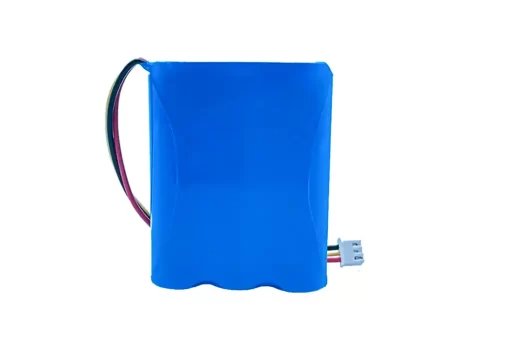
Cell Configuration: 3S1P, 3×18650 2600mAh (3.7V) cells
Cell Brand: Reputable OEM (customizable)
BMS: Integrated with passive balancing
Applications: Medical devices, outdoor cameras, mobile legged robots
Dimensions: 56×20×70 mm
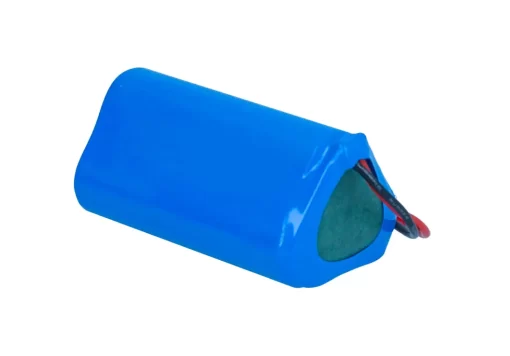
Cell Configuration: 3S1P, 3×18650 3500mAh (3.6V)
Cell Brand: Samsung / LG
BMS: Built-in, supports high peak current
Applications: Underwater acoustic transmit/receive devices
Dimensions: Φ48×76 mm
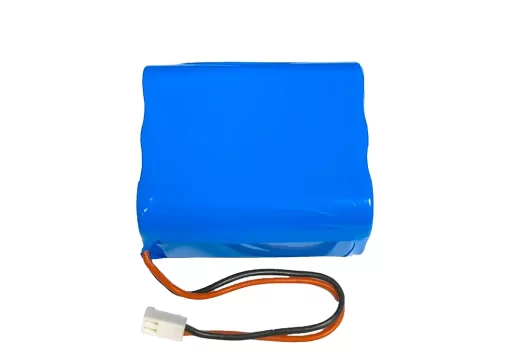
Cell Configuration: 3S2P, 6×18650 2600mAh (3.7V)
BMS: With full protection (overcharge, over-discharge, short-circuit)
Applications: LED lighting, electronic devices
Dimensions: 110×20×70 mm
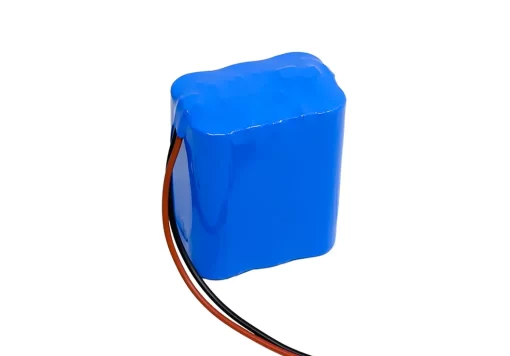
Cell Configuration: 3S2P, 6×18650 3200mAh
Cell Brand: Panasonic
Protection: PCB for 10A continuous discharge
Applications: Cleaning robots, underwater ROV
Dimensions: 56×38×70 mm
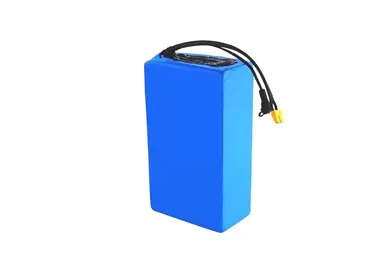
Cell Configuration: 3S3P, 9×18650 3500mAh (3.6V)
Cell Brand: Samsung / LG
BMS: Integrated with balancing circuit
Applications: Military backup, portable coffee machine
Dimensions: 56×75×75 mm
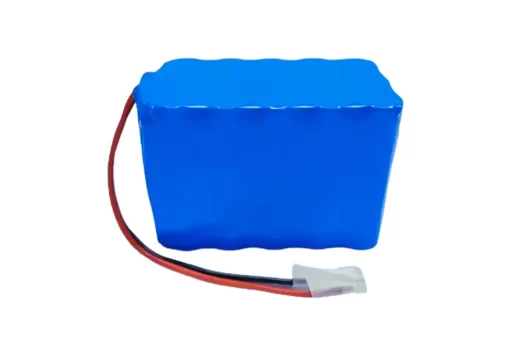
Cell Configuration: 3S6P, 18×18650 2600mAh
Cell Brand: Premium OEM
BMS: Supports 15A continuous discharge
Applications: LED lights, robotics systems
Dimensions: 56×112×75 mm
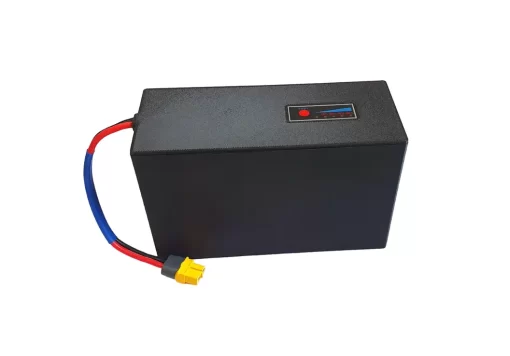
Cell Configuration: 3S7P, 21×18650 2900mAh
Features: Integrated BMS + LED power indicator
Applications: Diving LED lighting, marine electronics
Dimensions: Contact for detailed specs
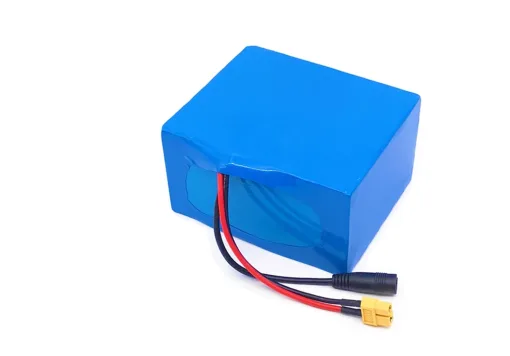
Cell Configuration: 3S10P, 30×18650 3500mAh
Cell Brand: Samsung 35E
BMS: 15A continuous current
Applications: Underwater monitoring systems
Dimensions: Contact for detailed specs
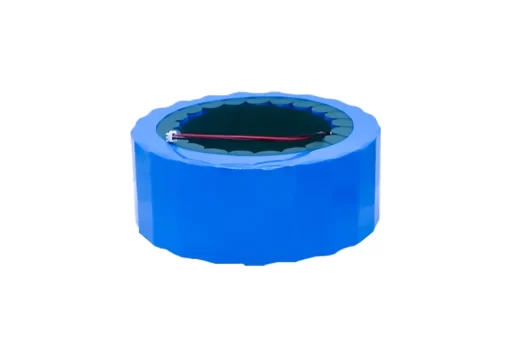
Cell Configuration: 3S14P, 42×18650 3500mAh
Cell Brand: Samsung 35E
Features: High capacity, 12.6V full charge
Applications: Outdoor backup power equipment
Dimensions: Contact for detailed specs
Yes. Junda Battery can provide 11.1V lithium-ion battery packs that meet key international certifications, including:
UL, CE, RoHS, and UN38.3. These ensure product safety and compliance for global markets and transportation.
We offer a wide range of top-tier lithium cell brands to match your technical needs and budget. Available cell options include: Samsung, LG, Panasonic, Molicel, BAK, and other reputable brands.
To ensure charging safety and performance, we recommend using a dedicated charger designed for 11.1V lithium-ion packs. Please contact us for compatible charger recommendations.
Yes. We provide waterproof battery packs with optional IP67, IP68, or IP69-rated enclosures for outdoor and rugged environments. For custom waterproofing or housing needs, feel free to get in touch.
When sourcing lithium battery packs for your project, finding the right voltage, size, and cycle life can be challenging—especially when you’re balancing performance with budget and safety standards.
Many buyers know they need a 11.1V battery, but they’re unsure which configuration fits best, what BMS they need, or how much to expect in terms of cost and compliance.
This guide is here to help.
Whether you’re powering a robot, medical device, LED system, or a portable tool, this article walks you through everything you need to know about 11.1V 18650 battery packs—from basic specs to customization, certifications, and pricing.

A 11.1V 18650 battery pack is a rechargeable lithium-ion power solution built using three 18650 cells connected in series (3S). Each 18650 cell typically has a nominal voltage of 3.6V or 3.7V, so three in series gives a total voltage of 10.8V–11.1V, depending on the chemistry.
These packs are widely used in mid-voltage applications that require more power than a single cell can deliver, but without the bulk of higher-voltage systems. They offer a balance between energy density, portability, and design flexibility—making them ideal for compact industrial, medical, robotic, and consumer-grade electronics.
Compared to low-voltage packs (like 3.7V or 7.4V), 11.1V packs provide better support for motor-driven systems, multi-module sensors, and power-hungry devices. With proper BMS integration, they also offer high safety margins, consistent performance, and longer cycle life.
At Junda, our 11.1V battery packs are built with premium 18650 cells, customized BMS protection, and flexible casing options to fit your exact technical and mechanical requirements.
The 11.1V lithium battery pack has become a go-to power source across industries for a simple reason—it sits at the perfect intersection of power, portability, and design flexibility.
With a 3S configuration (three 18650 cells in series), it delivers more voltage than a 3.7V or 7.4V pack, which makes it suitable for devices that require higher motor torque, faster response times, or stronger illumination. At the same time, it avoids the bulk and complexity of high-voltage systems like 24V or 36V setups.
Here’s why engineers, product developers, and system integrators choose 11.1V battery packs:
Efficient power delivery: Suitable for medium-load systems without requiring large enclosures.
More runtime flexibility: Available in many parallel configurations (e.g., 3S1P to 3S14P) to match your runtime and size needs.
Wide compatibility: Can be integrated into robots, medical devices, underwater lights, drones, or industrial sensors.
Simplified charging: 12.6V full-charge voltage makes charger sourcing and battery management straightforward.
Balanced cost-performance: Fewer cells than high-voltage systems, but enough power for advanced features.
Whether you’re designing a smart outdoor device or upgrading an internal battery module, the 11.1V pack offers a strong foundation for performance-driven applications that still require mobility and compact integration.
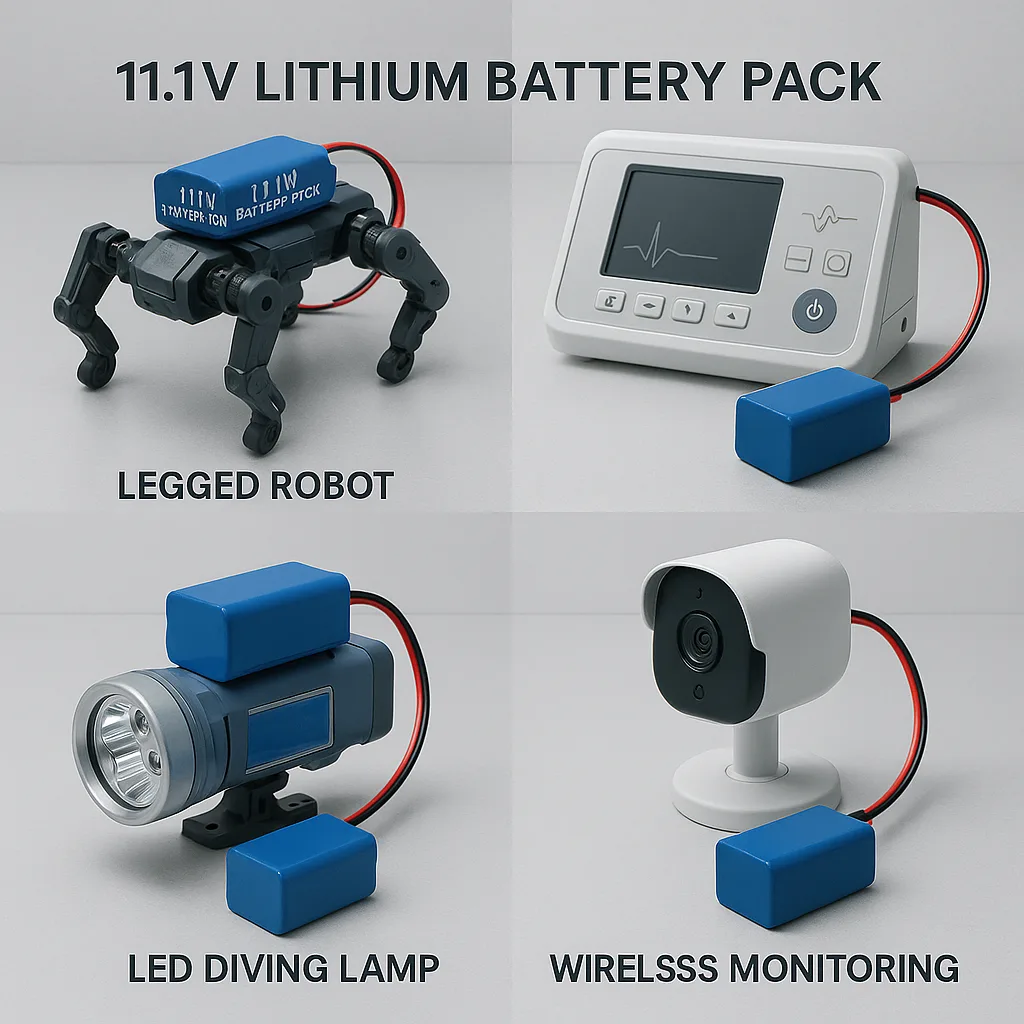
When evaluating a 11.1V lithium battery pack, several technical specifications directly impact compatibility, performance, and durability. Understanding these factors makes it easier to select the right configuration for your device.
Below is a breakdown of the most important parameters:
| Specification | Description |
|---|---|
| Nominal Voltage | 11.1V or 10.8V (3S structure); full charge reaches 12.6V, cutoff ~9V |
| Capacity Range | From 2600mAh to 49Ah, depending on 3S1P to 3S14P configuration |
| Discharge Rate | Customizable based on cell model and BMS; supports high current draw |
| Cell Chemistry | INR / ICR 18650 (Li-ion); optional LiFePO₄, low/high-temp variants |
| Cycle Life | 800 to 1500+ charge/discharge cycles under proper use |
| Operating Temperature | Standard: -20°C to +60°C; wider ranges available upon request |
| Charging Method | 12.6V constant current / constant voltage (CC/CV); smart charger recommended |
Each of these specs can be adjusted based on your application. For example, if your product is used outdoors year-round or installed in tight spaces, we’ll help optimize the configuration and materials to suit those conditions.
Choosing the right capacity and configuration is key to ensuring your 11.1V battery pack meets your device’s power, runtime, and space requirements.
All 11.1V packs are built with a 3S (3-series) structure. To increase capacity, we connect more cells in parallel (P). The more parallels, the longer the runtime—and the larger the physical size.
Here’s a quick guide to help you decide:
| Configuration | Capacity (typical) | Recommended Use |
|---|---|---|
| 3S1P | 2600mAh – 3500mAh | Handheld devices, GPS trackers, compact sensors |
| 3S2P | 5200mAh – 7000mAh | LED lights, portable radios, basic robotics |
| 3S3P – 3S4P | 10Ah – 14Ah | Medical monitors, smart meters, diagnostic tools |
| 3S6P – 3S10P | 15.6Ah – 35Ah | Service robots, marine devices, UAVs |
| 3S14P+ | Up to 49Ah | Long-duration outdoor gear, power banks, mobile systems |
Check your load requirement. What’s the peak and average current draw of your device?
Determine runtime expectations. Do you need 30 minutes or 10 hours between charges?
Consider your space constraints. Some configurations offer more energy in a flat or compact shape.
Not sure what fits? Junda’s engineering team will review your technical drawings, space limitations, and performance goals to recommend a balanced solution.
The quality of a lithium battery pack depends on two critical components: the cells inside and the Battery Management System (BMS) that protects them.
At Junda, we give you full control over both. Whether your priority is runtime, discharge performance, cost-efficiency, or smart monitoring, we help you choose the right combination for your application.
 Trusted 18650 Cell Brands We Work With
Trusted 18650 Cell Brands We Work With
We offer a range of cells from globally recognized manufacturers:
Samsung SDI – Excellent balance of performance and price
LG Chem – Long cycle life, ideal for medical and consumer use
Panasonic – High thermal stability and reliability
Molicel – Superior high-drain performance for robotic or motorized loads
BAK / Lishen – Competitive pricing for large-volume or short-term applications
Each brand offers different discharge rates, cycle life, and cost profiles. We’ll help match the right cell to your current draw, temperature conditions, and budget.
BMS Options and Protection Features:
Every pack we build includes a custom BMS to keep your device safe and your battery running efficiently. Depending on your needs, we support:
Standard BMS: Includes protections for overcharge, over-discharge, short circuit, and overcurrent
Balancing (passive or active): Ensures cell consistency and extends pack life
Smart BMS (optional): Enables communication via CAN, SMBus, or RS485
Sleep mode and wake-up functions: Useful for seasonal or intermittently used devices
LED display or software diagnostics: Optional for visual status or remote monitoring
Smart BMS is particularly useful in robotics, medical, industrial monitoring, or rental equipment—where knowing battery status in real time reduces risk and downtime.
When sourcing lithium battery packs for international markets, compliance isn’t optional—it’s essential. At Junda, all 11.1V battery packs can be built and documented to meet the requirements of your target country or industry.
We support full certification preparation, testing documentation, and export-ready packaging for smooth shipping and customs clearance.
Here are the most common certifications and what they cover:
| Certification | Standard | Purpose | Markets / Usage |
|---|---|---|---|
| UN38.3 | UN Manual of Tests and Criteria | Ensures safe air/sea/land transport of lithium batteries | Global shipping |
| CE | EMC & LVD Directives | Indicates conformity with EU safety and emissions standards | European Union |
| RoHS | Directive 2011/65/EU | Restricts use of hazardous materials in electronics | EU, UK, parts of Asia |
| UL 2054 | UL Battery Pack Safety | Tests for fire, explosion, and mechanical hazards | North America, institutional buyers |
We also provide support for:
MSDS (Material Safety Data Sheets)
Air/sea shipment labels and battery handling documents
Declaration of Conformity (DoC) for CE or UKCA
Custom test reports from certified labs (optional)
If you’re planning to ship to Europe, North America, or include batteries in consumer-facing products, talk to us early. We’ll ensure your packs meet all required certifications—so you avoid delays, extra costs, or rejected goods at customs.
Every project has its own mechanical limits. That’s why battery packs must be designed not just for performance—but for fit and integration. At Junda, we support full mechanical customization to match your device’s housing, wiring layout, and environmental conditions.
We offer a range of physical designs based on your capacity and form factor needs:
| Configuration | Capacity Range | Dimensions (typical) | Casing Options |
|---|---|---|---|
| 3S1P | 2600–3500mAh | 56×20×70 mm | PVC wrap / heat shrink |
| 3S2P | 5200–7000mAh | 110×20×70 mm | PVC / plastic box |
| 3S6P | 15.6Ah | 56×112×75 mm | Plastic or custom enclosure |
| 3S10P+ | 35–49Ah+ | Custom, depends on layout | Plastic, metal, IP67/IP68 housing |
We offer structural flexibility depending on your working conditions:
Wrap type: Lightweight and space-saving; ideal for internal use
Hard plastic shell: Better drop resistance; supports surface or frame mounting
Metal casing: Strong thermal dissipation for high-current or outdoor use
Waterproof design: IP67 or IP68 sealed for marine, outdoor, or field operations
Connector types: XT60, JST, Molex, custom terminals—all supported
We can also support drawing reviews and 3D file sharing (STEP, STL, DXF) to help you fit battery packs into tight compartments or sealed enclosures.
At Junda, most of the 11.1V battery packs we deliver are custom-engineered—because no two applications are exactly alike. Whether you need a unique shape, a specific BMS function, or branded cells with traceable certifications, our team works closely with you to build it right.
Here’s how our end-to-end customization process works:
Step 1: Requirement Consultation
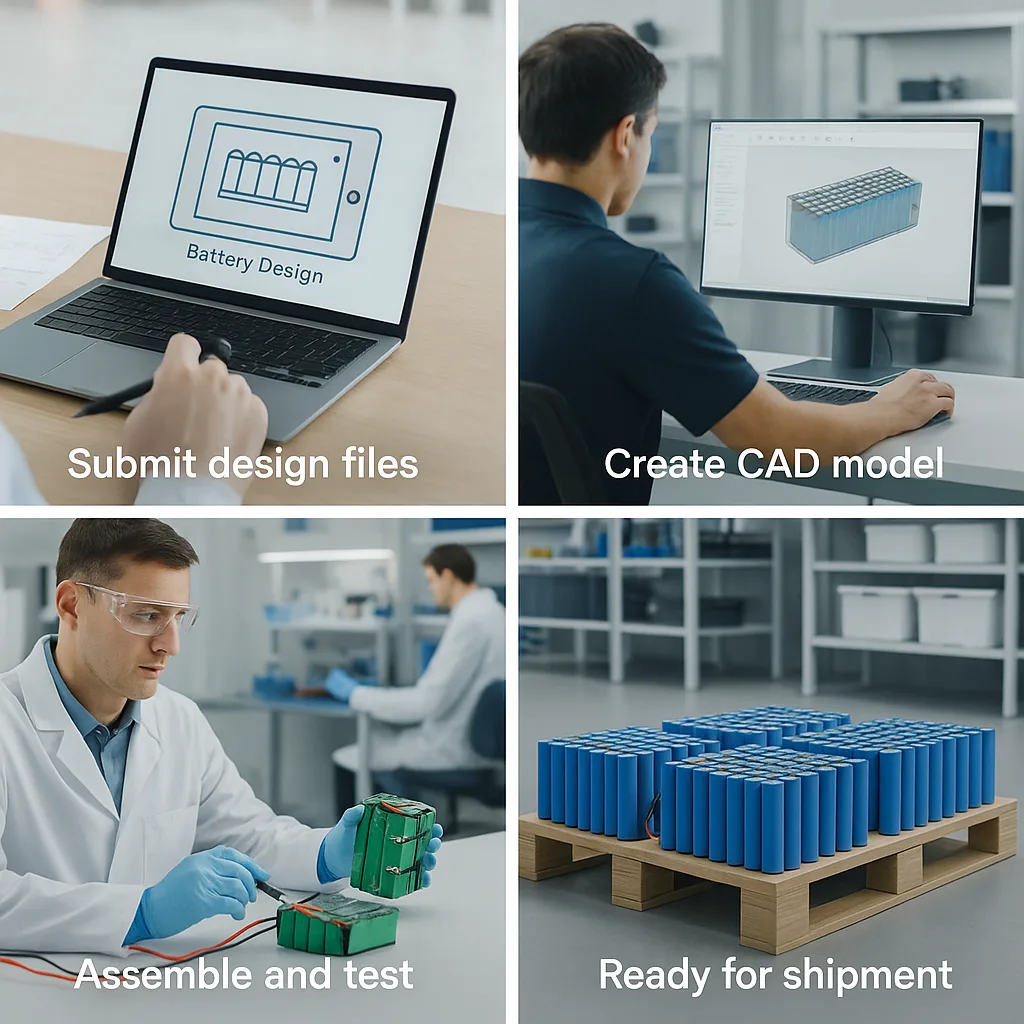
We begin by understanding your technical requirements—voltage, capacity, max discharge current, dimensions, usage environment, certification needs, and target budget.
You can submit:
Your product drawings or internal space constraints
Expected load profile or duty cycle
Connector types, wire length, housing preference
Step 2: Engineering & Prototyping
Our team develops a 3D battery layout, recommends suitable cells and BMS, and confirms feasibility. Then we build a sample pack, usually within 7–10 working days.
You’ll receive:
CAD drawings or STP files
Sample pack with testing report
Optional mechanical or temperature test video
Step 3: Mass Production
Once the sample is approved, we enter mass production. Every pack is tested for voltage, internal resistance, capacity, balance, and protection performance before shipment.
Production lead time: 15–25 days depending on order volume and customization level.
Step 4: Certification & Shipping Support
We assist in preparing UN38.3, MSDS, CE, or RoHS documentation, and support OEM/ODM white labeling, barcode printing, or packaging if needed.
With this workflow, you reduce project risk, speed up development cycles, and receive a pack that’s truly made for your product—not just adapted to it.
The 11.1V 18650 battery pack is one of the most versatile lithium power solutions available. Its moderate voltage, scalable capacity, and compact form factor make it suitable for a wide range of industries—especially where portability, efficiency, and safety matter.
Here are the most common use cases we support at Junda:
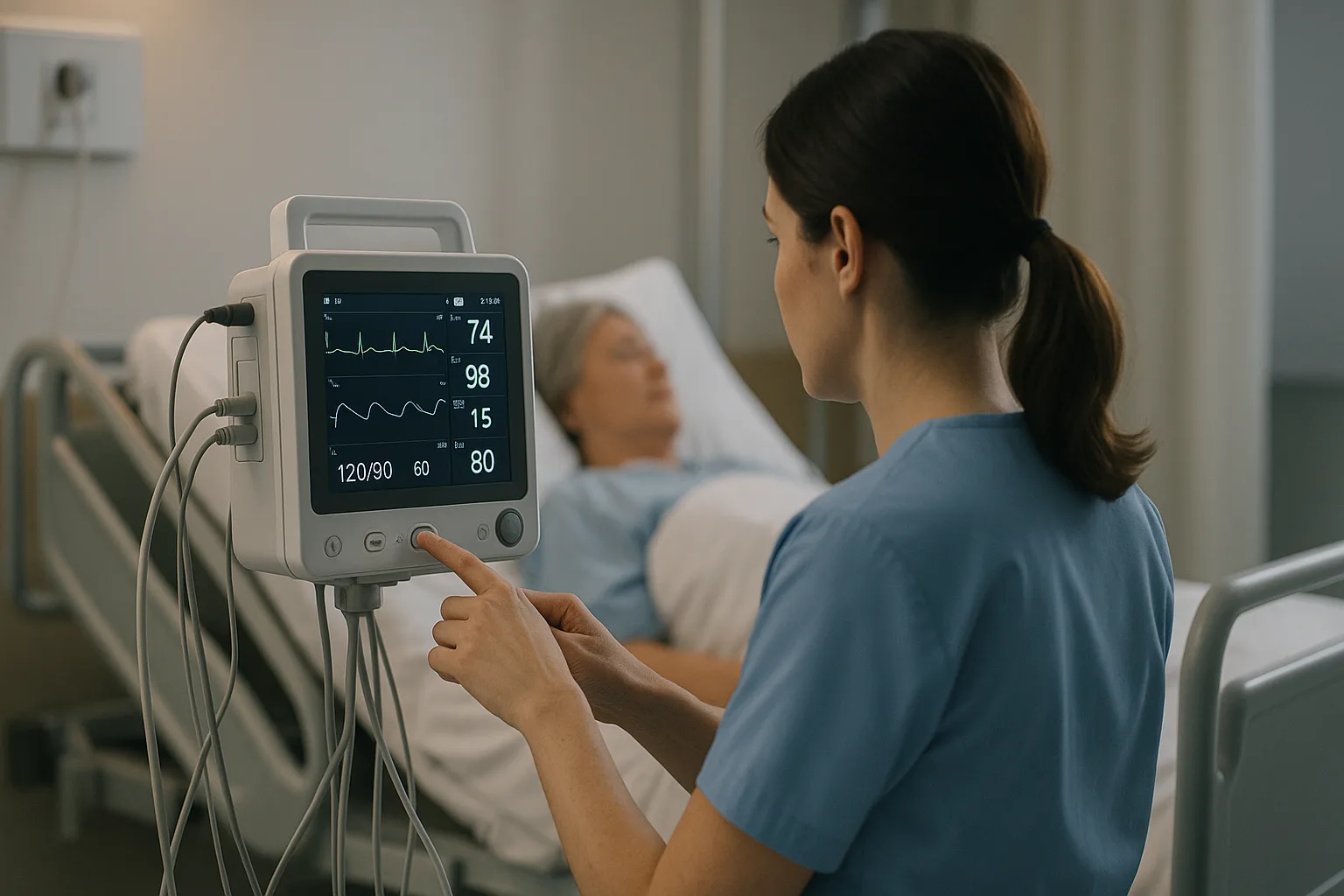
Used in portable monitors, infusion pumps, wearable diagnostics, and surgical tools. Our packs are built with medical-grade cells and long cycle life to meet strict reliability requirements.
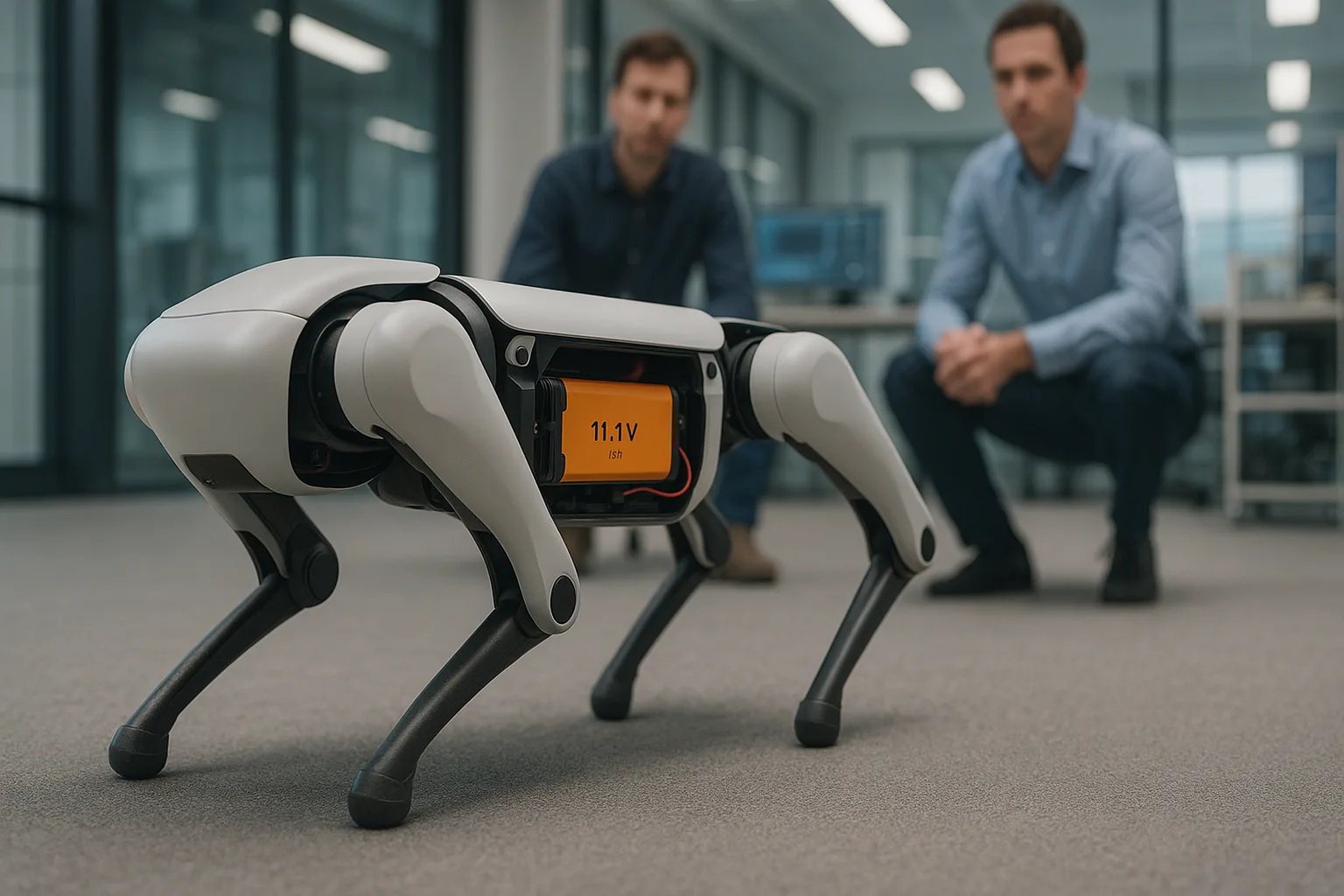
From quadruped robots to delivery bots, 11.1V packs offer strong starting current, good runtime, and programmable BMS options. Popular in warehouse, education, and mobility systems.
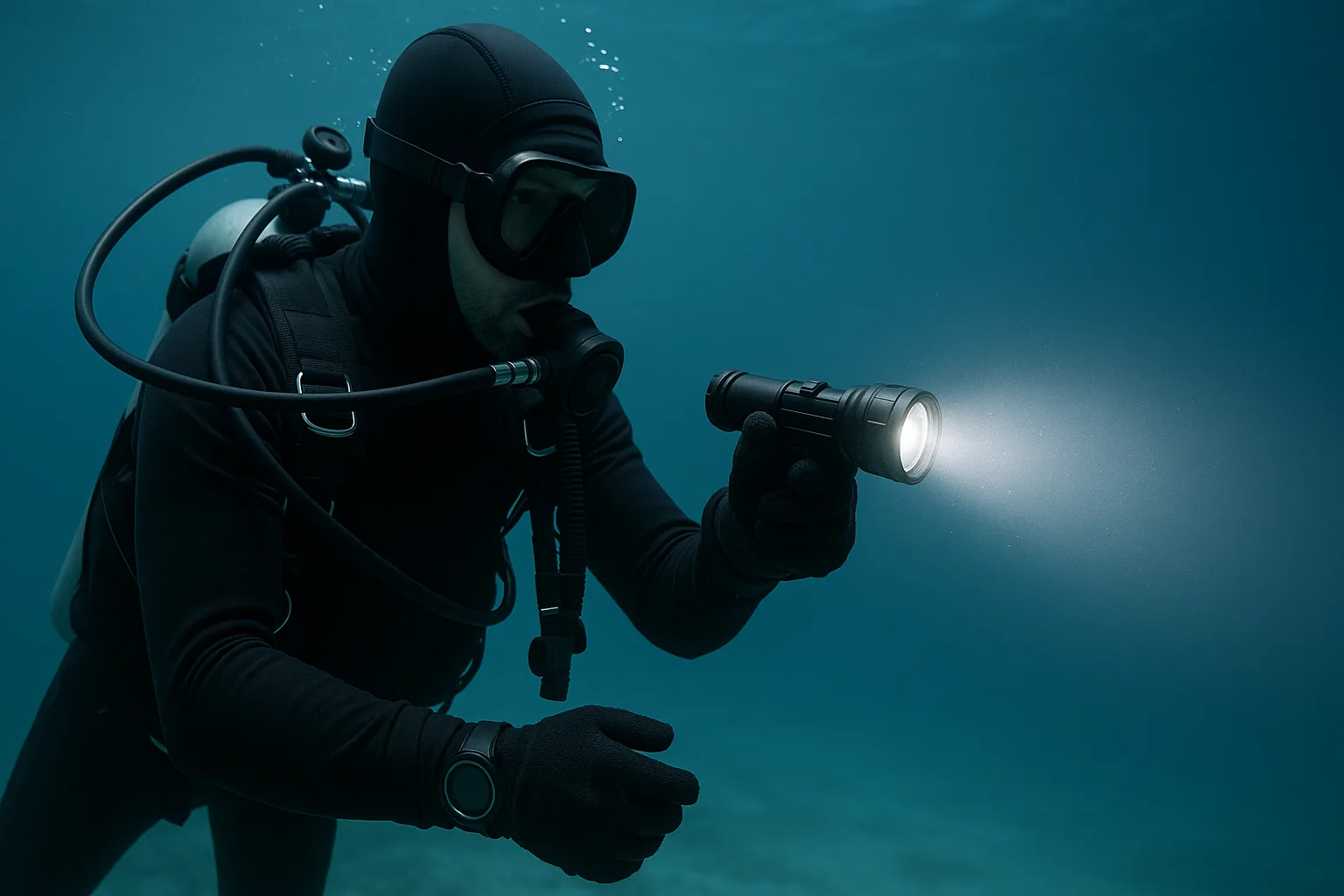
Ideal for diving lights, headlamps, solar fixtures, and high-output work lamps. We offer waterproof housings (IP67/IP68) and high-discharge models for professional use.
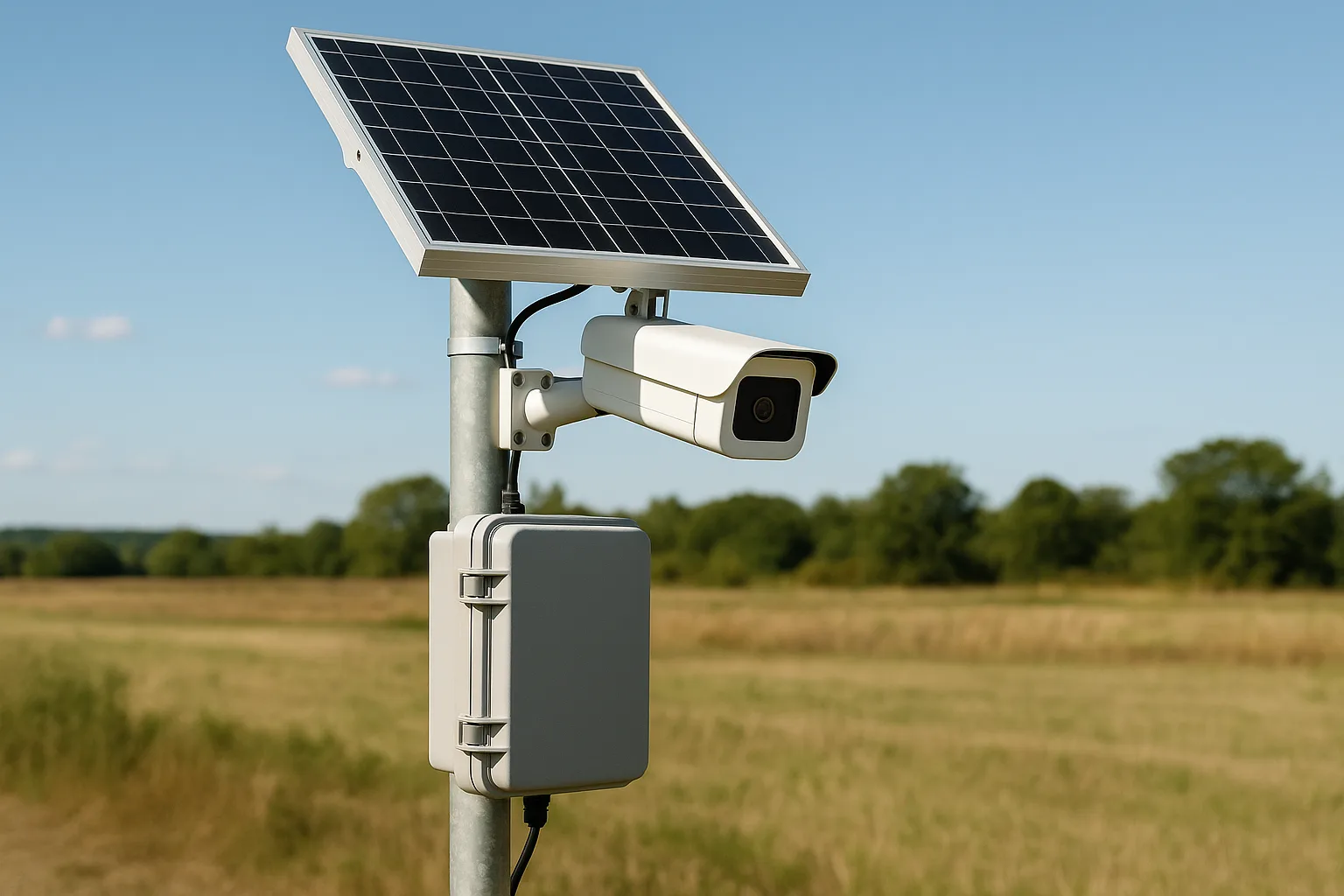
Supports field-deployable sensors, remote camera systems, GPS trackers, and data loggers. We can integrate sleep-mode BMS for long standby time.
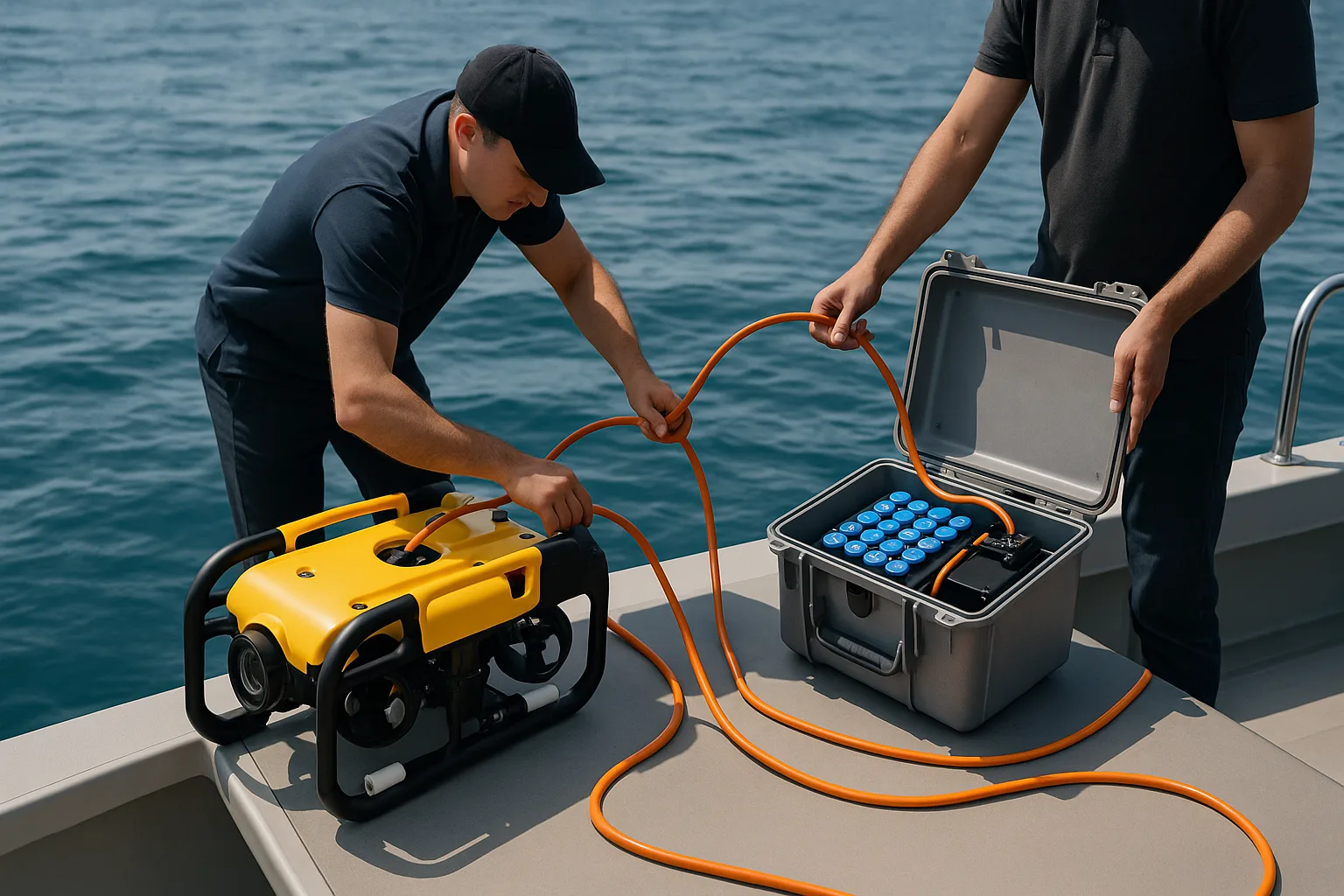
Often used in mid-size UAVs, ROVs, and underwater survey systems. Requires compact, well-balanced packs with strong thermal protection and connector integrity.
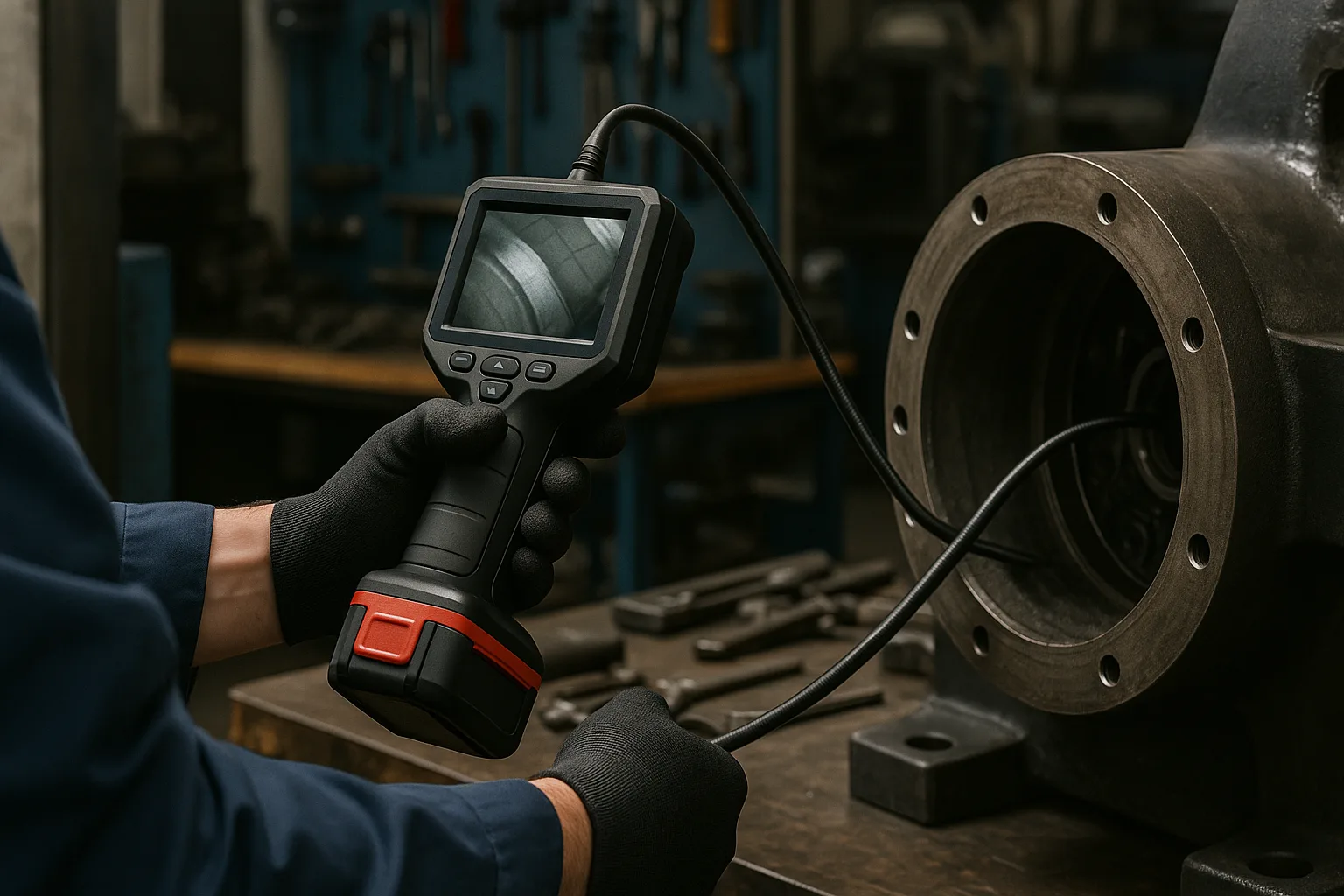
From electronic wrenches to inspection cameras, Junda designs battery packs with shape, connector, and BMS logic tailored to the tool’s specific operating profile.
If your device requires reliable mid-voltage power in a compact space, there’s a strong chance a 3S 18650 battery pack is the right fit—and we’re here to help you build it right.
When sourcing a custom 11.1V lithium battery pack, the question isn’t just “how much?”—it’s “what are you paying for?”
Pricing can vary widely depending on the technical setup, quality level, and service expectations. At Junda, we aim to be transparent with pricing logic so you can make informed sourcing decisions.
Here are the main factors that influence unit cost: 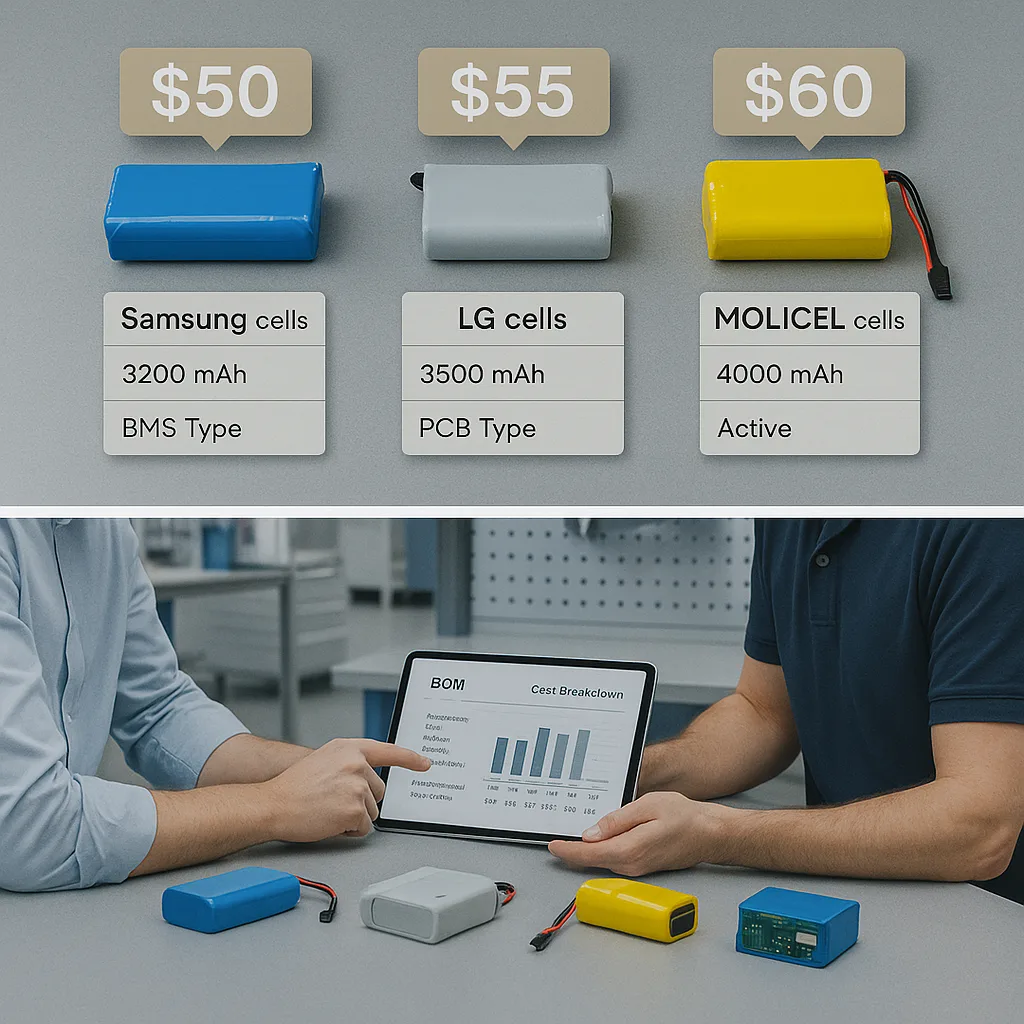
1. Cell Brand & Grade
Premium cells (Samsung, LG, Molicel, Panasonic) cost more than generic or local brands. The higher the cycle life and discharge performance, the higher the price—but also the longer your product lasts.
2. Configuration & Capacity
A 3S1P pack with 2600mAh has fewer cells and materials than a 3S10P 35Ah pack. More parallels = more cells, more labor, more protection design = higher cost.
3. BMS Complexity
Basic BMS (4-wire, passive protection) is economical. But if your system needs:
Smart BMS with CAN/SMBus/RS485
Sleep/wake functionality
Balancing or software diagnostics
…the BMS alone can account for 10–30% of the total cost.
4. Casing & Structure
PVC wrapping is the most affordable. Plastic or metal enclosures with mounting features, waterproofing, or thermal pads will increase price—but add protection and convenience.
5. Certification Requirements
If you need UN38.3, CE, RoHS, or UL paperwork and lab reports, we either use certified components or coordinate third-party testing. That adds time and direct costs.
6. Order Quantity & Delivery Terms
We offer price breaks at 500, 1000, and 3000+ pcs. Small-volume samples are available for testing, but unit pricing is significantly higher due to setup and labor time
| Type | MOQ | Unit Price (Est.) |
|---|---|---|
| 3S1P, 2600mAh (PVC) | 1000 pcs | $3.50 – $5.00 USD |
| 3S2P, 5200mAh (Plastic Box) | 1000 pcs | $6.50 – $8.50 USD |
| 3S6P, 15.6Ah + Smart BMS | 500 pcs | $18 – $24 USD |
| 3S10P, IP67 + Certifications | 500 pcs | $28 – $38 USD |
Note: Actual pricing depends on final specs. We’re happy to quote based on your drawings, runtime needs, or cost target.
To get an accurate offer, share your capacity, size, load current, and application. We’ll reply with a breakdown—including suggested optimizations if we can save you cost.
Choosing the right 11.1V 18650 lithium battery pack is about more than voltage—it requires careful consideration of performance, safety, certifications, and cost. This guide has walked you through the key aspects of sourcing, from battery configuration to custom design options.
Here’s a simple checklist to help you make informed decisions when sending RFQs or evaluating suppliers:
Do you need 3S1P, 3S2P, or a higher capacity configuration like 3S10P?
What capacity range fits your needs—2600mAh, 5200mAh, or over 10Ah?
Will the battery be used in indoor, outdoor, or extreme environments?
Do you prefer PVC wrap, plastic housing, or IP-rated waterproof casing?
Is Smart BMS required for functions like sleep mode, display, or high current protection?
What certifications are needed for your market—UL, CE, UN38.3, etc.?
What is your target price range and minimum order quantity?
Do you have specific cell brand preferences (e.g., Samsung, LG, Molicel)?
Do you need samples for evaluation before moving to mass production?
With more than a decade of experience, Junda delivers precision-engineered lithium battery packs tailored for your unique applications. Here’s what makes us a trusted partner for global B2B clients:

At Junda, our engineering team is led by a senior battery architect with 15+ years of hands-on experience at CATL, BYD, and other industry leaders. Backed by a cross-functional team of 6 engineers, we provide full-cycle development from design and simulation to testing and certification. We’ve completed over 1,000 custom battery pack projects across sectors like eMobility, energy storage, medical devices, and industrial tools—always focusing on safety, reliability, and performance.

Junda operates under a strict ISO 9001:2015-certified quality management system, overseen by our QA director and implemented across every department. From incoming cell inspection to final pack aging tests, every step is digitally tracked and traceable. Our system ensures stable supply chain sourcing, controlled assembly processes, and compliance with industry benchmarks such as UN38.3, CE, and IEC 62133.

Junda’s battery pack assembly process integrates mechanical, electrical, and thermal design tailored to your use case. Our capabilities include IP67/IP68 waterproof housing, high-discharge BMS systems, CAN/RS485 communication protocols, and reinforced designs for vibration or extreme environments. We conduct cell sorting, welding, insulation, balancing, and aging tests in-house to ensure consistent performance and longevity.

From your first inquiry to final delivery, we provide responsive, multilingual support backed by a dedicated sales and engineering team. We guide clients through technical evaluation, prototyping, compliance, and logistics—ensuring a transparent, stress-free experience. Whether you need an urgent sample or a long-term OEM solution, we’re here to make your battery development process efficient and reliable.
Share your voltage, size, application, and quantity needs—we’ll assess your project quickly.
Our engineers will optimize the design, confirm details, and provide samples if needed.
Once approved, we start production and arrange fast, secure shipping to your destination.
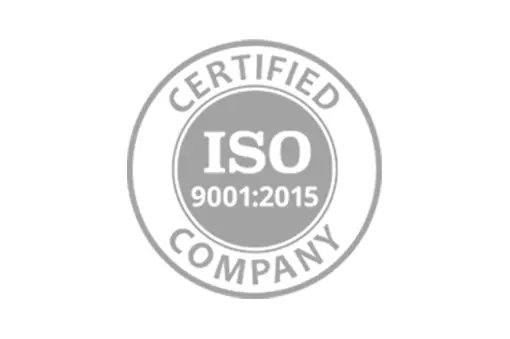
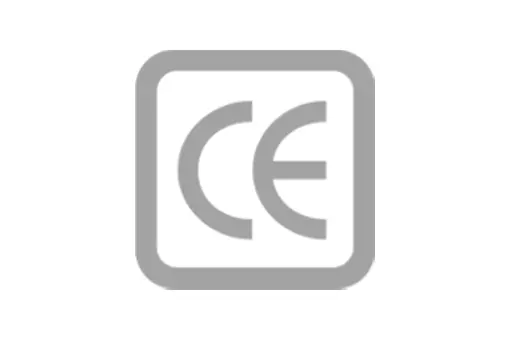
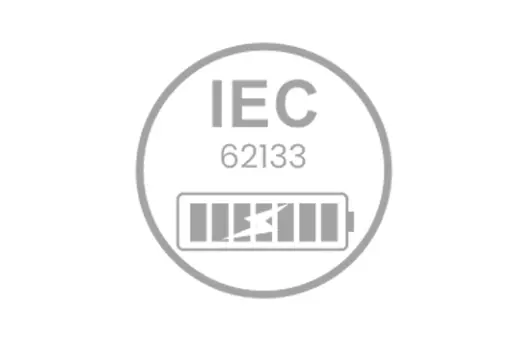


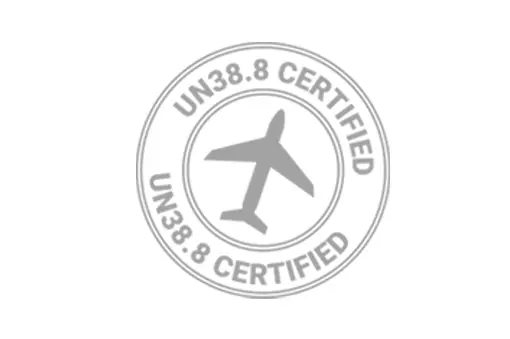

Need a custom lithium battery pack? Just send us your specs—we’ll help you choose the right voltage, case, and configuration for your application.
At JUNDA, we make customization easy. Follow these 3 simple steps to start today:
Send your battery requirements — voltage, capacity, casing type, or upload drawings/photos.
We’ll evaluate your specs and recommend the best configuration. A detailed quote will be sent within 24 hours.
After approval and deposit, we start production. Shipping and tracking will be arranged for fast, secure delivery.
Custom Battery Packs Manufacturer
Typically replies within minutes
Hello, This is Pauline from Junda Battery. How can I assist you today?
WhatsApp Us
Online | Privacy policy